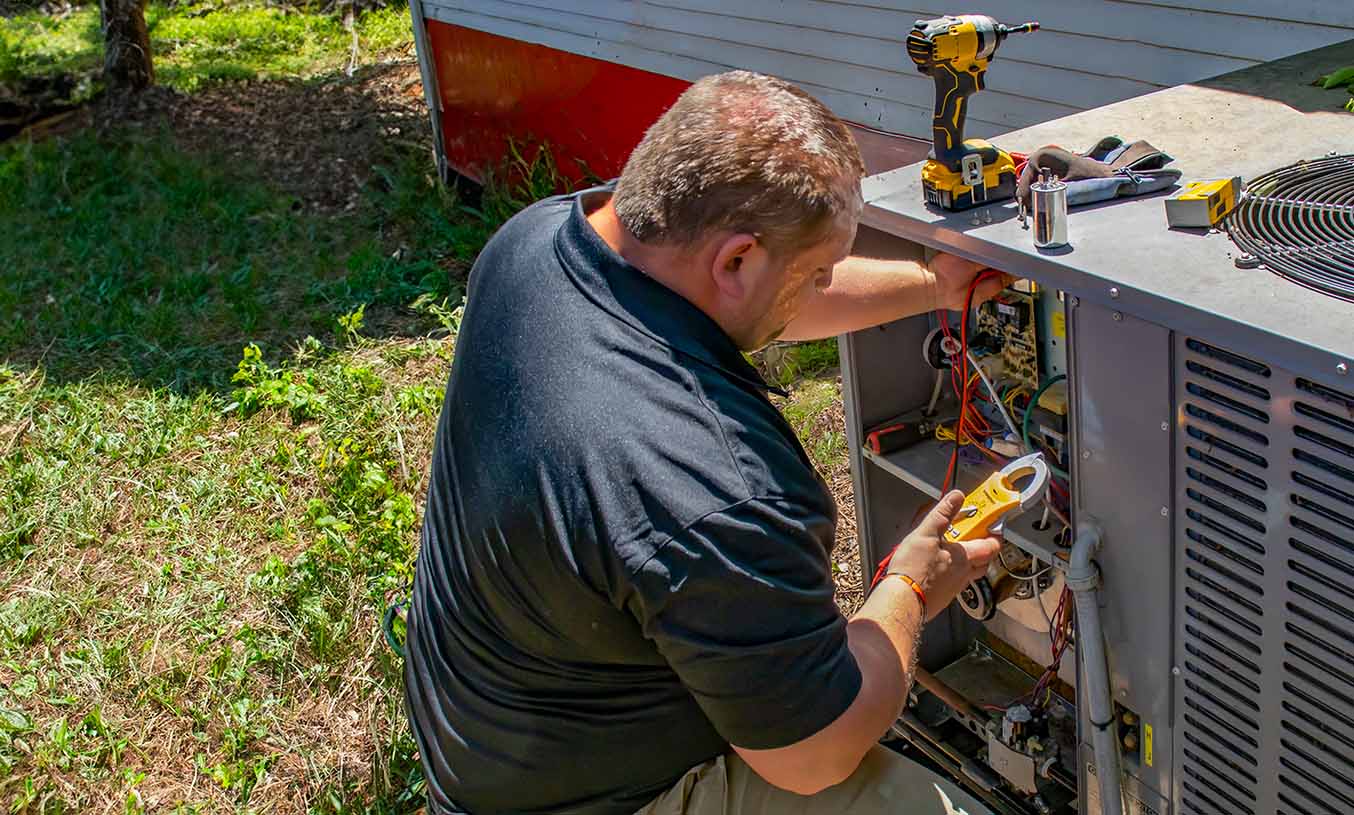- HEP
- Energy-efficient Systems

 Energy-efficient Systems
Energy-efficient Systems
Energy-efficient Systems | Air Conditioning | Heating and Air Conditioning | Manchester
Whether you’re sweltering in a top-floor flat during a rare Mancunian heatwave or protecting critical equipment in a bustling city-centre office, HEP’s energy-efficient systems deliver a breath of fresh, perfectly tempered air. Our certified engineers design, install and maintain cutting-edge air conditioning solutions that slash energy bills and carbon footprints alike—letting you stay comfortable without compromise.
Based right here in Manchester, we turn decades of local know-how into rapid call-outs, tailored maintenance plans and 24/7 support, so your space remains serene whatever the Pennine weather throws at it. From whisper-quiet split units to scalable VRF networks, every system is backed by generous warranties, transparent pricing and the friendly service that has made HEP the North West’s trusted climate-control partner.
FAQs
What makes an air-conditioning system “energy-efficient,” and why does it matter in Manchester?
An energy-efficient system uses inverter-driven compressors, high-performance heat-pump technology and optimized refrigerants to deliver more cooling (or heating) per unit of electricity. Units with Seasonal Energy Efficiency Ratios (SEER) above 18 or an EU energy label of A++/A+++ are classed as high efficiency. Manchester’s climate is moderate but humid, so these systems run at partial load for long periods; inverter technology lets them ramp down instead of switching on/off, resulting in lower energy use, steadier indoor temperatures and reduced carbon emissions—important for meeting Greater Manchester’s net-zero targets.
How much can I save on my electricity bills by upgrading to a high-efficiency air-conditioning system?
Savings depend on the age and condition of your existing equipment, but replacing a 10–15-year-old fixed-speed unit with a modern A+++ inverter system typically cuts cooling costs by 30–50 %. For a semi-detached home in Manchester spending about £450 a year on summer cooling and winter heat-pump operation, that translates to £135–£225 annual savings. Businesses with larger plant can see even bigger percentage reductions once smart controls and demand-response features are activated.
Are there grants or incentives in Manchester for installing energy-efficient heating and air-conditioning systems?
Yes. Domestic customers may qualify for 0 % VAT on heat-pump installations until 2027 and the Boiler Upgrade Scheme (BUS) grants of up to £7,500 for air-source heat pumps. Commercial and public-sector sites can access Salix interest-free loans or Greater Manchester’s Local Energy Grant for carbon-cutting projects. Enhanced Capital Allowances let businesses offset the cost of certified energy-efficient equipment against corporation tax in the first year. Our team can help you prepare the paperwork and compliance evidence (EPC, MCS certificates) to secure funding.
How do you determine the correct system size for maximum efficiency in my Manchester property?
We perform a full heat-load and cooling-load calculation in line with CIBSE Guide A rather than relying on simple floor-area rules of thumb. The survey considers insulation levels, orientation, glazing type, solar gains, air-tightness, occupancy, lighting and IT loads. For commercial premises we also model diversity factors and future expansion. Correct sizing prevents short-cycling that wastes energy and reduces comfort, while ensuring enough capacity for Manchester’s occasional heatwaves or cold snaps.
What maintenance is required to keep an energy-efficient system performing at its best?
1. Clean or replace filters every 1–3 months to maintain airflow. 2. Schedule an annual service that includes F-Gas leak tests, refrigerant charge checks, coil cleaning and condensate-line flushing. 3. Update firmware and smart-control settings to take advantage of utility tariffs and weather compensation. 4. Inspect outdoor units for debris after autumn leaf fall and winter storms. 5. Keep an eye on energy-consumption trends via the system’s monitoring app—unexpected spikes often signal a maintenance issue. Proper upkeep can preserve up to 95 % of the system’s rated efficiency over its 15- to 20-year lifespan.
How long does installation take, and will it disrupt my home or business?
A typical domestic split or multi-split installation (1–3 indoor units) takes one to two days. We perform noisy tasks—such as wall coring—early and remove waste as we go. For commercial VRF or heat-recovery systems, expect three to seven days, often scheduled during evenings, weekends or holiday shutdowns to minimise downtime. Our engineers are F-Gas certified, follow REFCOM best practice and fully test, commission and demonstrate the controls before handover. We can also decommission and responsibly recycle any old equipment to keep the site clear and compliant.